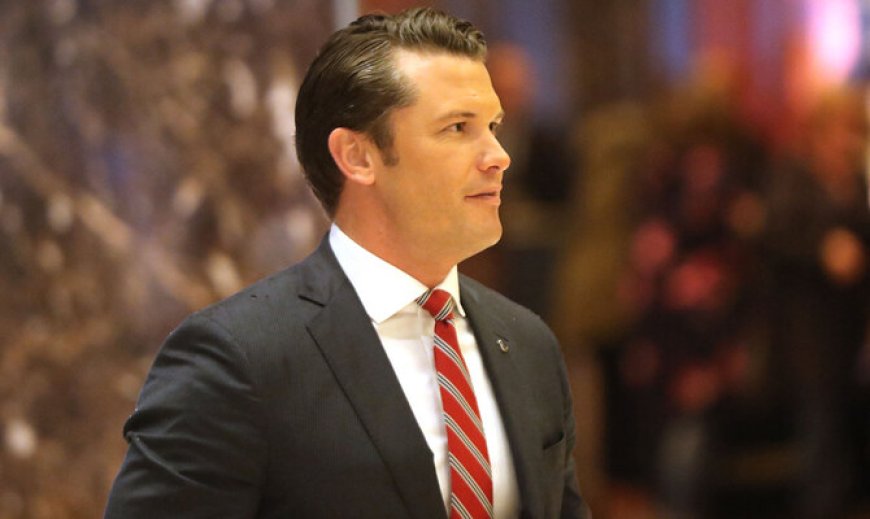The choice of Trump's Pentagon Pick causes debate on credentials and past allegations.

With detractors challenging Pete Hegseth's credentials, past claims, and provocative tattoos, President-elect Donald Trump's choice of Secretary of Defense has kicked off a tempest of debate. The choice of the Fox News anchor and former soldier—known for his television presence and outspoken opinions—marks a clear divergence from conventional defense choices and emphasizes Trump's inclination for loyalty over credentials in important appointments.
With degrees from Princeton and Harvard and military service as a National Guard commander sent to Iraq and Afghanistan, Hegseth, 44, has an outstanding academic record under close examination. His career does not, however, include the senior-level military or foreign policy experience usually anticipated of a Secretary of Defense. His rank in the National Guard is nothing compared to the generals and admirals he would be supervising.
To add to the debate, a 2017 sexual assault claim that was rejected without prosecution has reappeared and calls attention to the vetting procedure. Moreover, Hegseth's tattoos with medieval Christian images and words like "Deus Vult" have drawn charges of links with extreme ideas. Hegseth insists the tattoos represent his faith, but their historical use by modern white nationalist organizations and anti-Muslim crusaders fuels mistrust.
Problems Verifying Confirmation
In the Senate, Hegseth must fight a difficult confirmation battle where even Trump's Republican friends could object at his dubious past and scant résumé Critics have called him a "empty vessel," with one former Republican vetting officer declaring he is unfit and implying he would only serve as a Trump agenda agent.
Ideological Concentration
Hegseth's policy stances show an emphasis on eradicating what he defines as "woke" military behavior. Arguing that they compromise military readiness, he has attacked programs tackling diversity, racism, and sexism. This fits Trump's larger campaign to overhaul the Pentagon by eliminating people he believes to be either too closely associated with progressive ideals or insufficiently devoted to his presidency.
The Prospective Costs for American Defense
The nomination of Hegseth emphasizes Trump's more general plan of subverting Washington's accepted conventions. With his divisive past and ideological emphasis, Hegseth's leadership at the Pentagon might drastically affect military policy, so maybe excluding knowledge in favor of political allegiance.
Hegseth's candidacy acts as a litmus test for the harmony between credentials and philosophy in determining the direction of American defense policy as the Senate gets ready to deliberate. It is yet unknown whether the Senate will give expertise and responsibility top priority or follow Trump's unusual decisions.













































